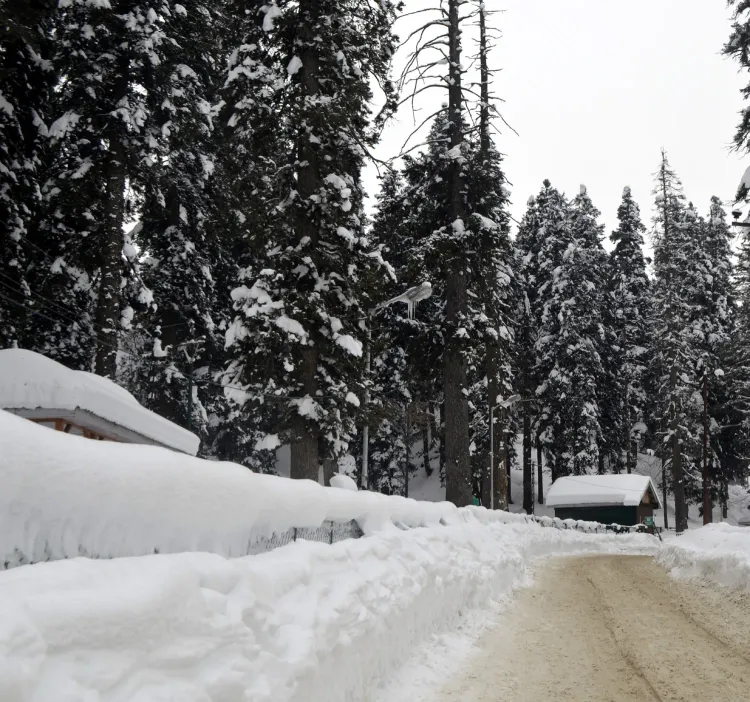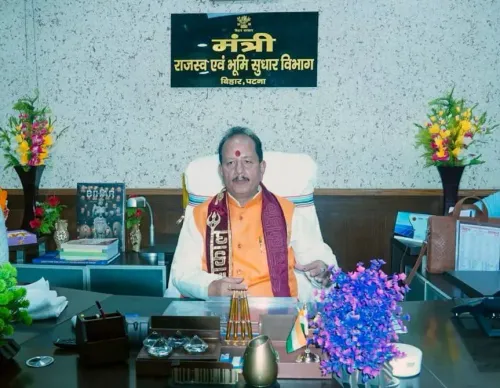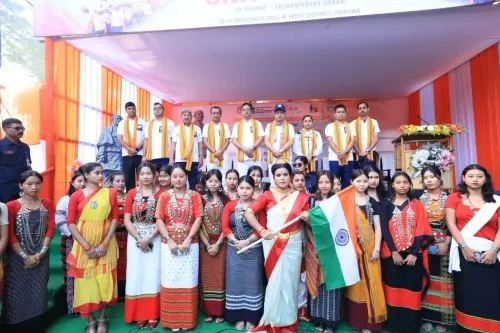Thick Fog Causes Flight Delays in Srinagar; Valley Prepares for Heavy Snowfall

Srinagar, Jan 4 (NationPress) With the MET department predicting moderate to heavy snowfall commencing from Saturday evening, the Kashmir Valley is gearing up for yet another bout of frigid temperatures and snow. In the meantime, a thick fog blanketed the city of Srinagar in the morning, leading to delays in all early flights at the Srinagar international airport as visibility fell to perilous levels.
Jammu and Kashmir (J&K) Chief Minister Omar Abdullah has confirmed that the administration is fully prepared to tackle the impending challenges.
The MET department has indicated that the primary activity is expected between January 5 and 6, with significant snowfall anticipated due to the active Western Disturbance (WD) over J&K.
“In addition to the snowfall in the Valley, rain is expected in the plains and snow in the elevated areas of the Jammu division,” an official from the MET department stated.
Chief Minister Omar Abdullah is currently stationed in Srinagar, accompanied by his Cabinet members, to oversee snow clearance operations and address any potential disruptions that could affect services in the Valley.
The city of Srinagar was engulfed in a dense fog this morning, causing all morning flights at the Srinagar international airport to be delayed due to poor visibility.
Today, the recorded minimum temperatures were minus 1.6 degrees Celsius in Srinagar, minus 2.2 degrees Celsius in Gulmarg, and minus 2.6 degrees Celsius in Pahalgam.
In Jammu city, temperatures reached 8.7 degrees Celsius, while Katra town recorded 11.2, Batote 6.5, Banihal 3, and Bhaderwah 3 as the lowest temperatures of the night.
The 40-day-long period of severe winter cold, known as ‘Chillai Kalan’, began on December 21 and will conclude on January 30.
All water bodies, including lakes, streams, springs, and wells, are currently partially frozen, and locals don the traditional loose tweed overgarment known as the ‘Pheran’ to shield themselves from the bone-chilling cold.
An earthen firepot, referred to as ‘Kangri’, is placed under the Pheran for immediate warmth. The Pheran and Kangri serve as the Kashmiri people's preferred alternatives to modern central heating systems, which rely on electric power—often in short supply in J&K.








